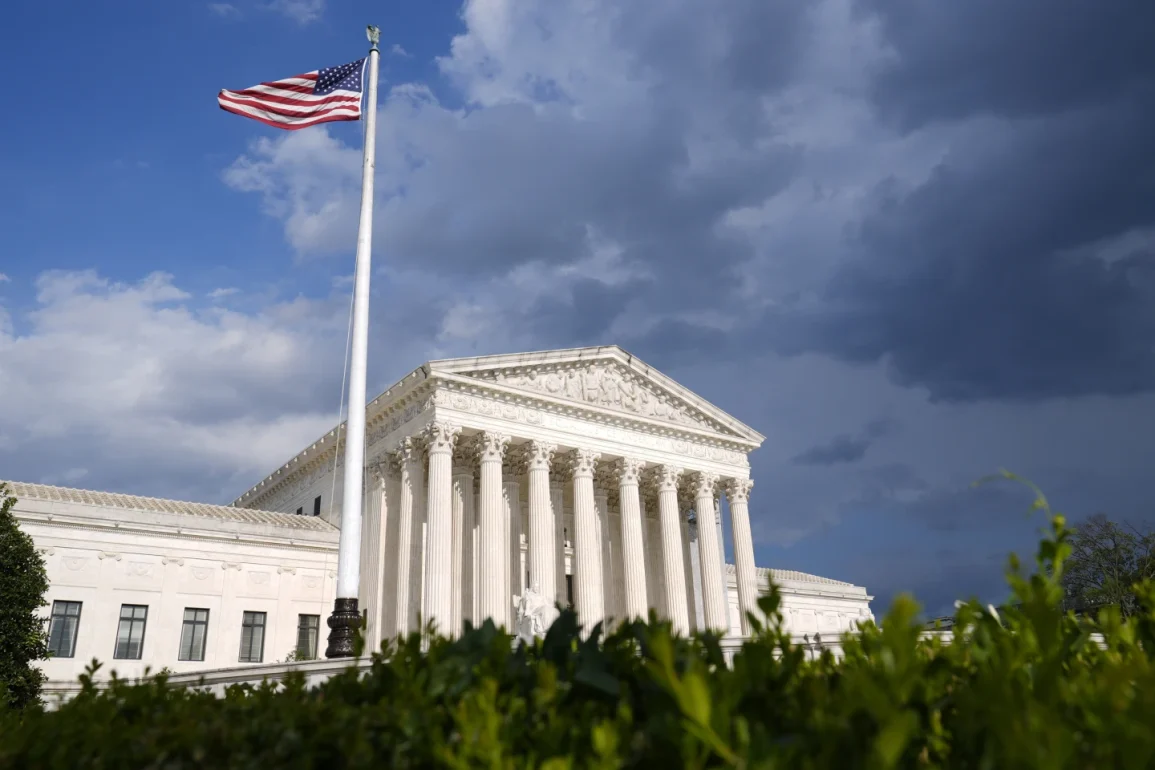The Supreme Court on Thursday effectively stopped a taxpayer-funded Catholic charter school in Oklahoma, splitting 4-4 in its decision.
This result upholds a ruling from an Oklahoma court that struck down the state charter school board’s approval of the St. Isidore of Seville Catholic Virtual School. It would have been the first religious charter school in the country. However, the decision leaves the national question unsettled.
The court issued a one-line notice, ending one of its most closely watched cases this term without fully resolving it.
The Catholic Church in Oklahoma wanted the school to receive public funding and follow Catholic teachings. Critics argued that this would mix religion with government, take funds away from public schools, and affect how charter schools are governed across many states.
Only eight justices were involved in the case. Justice Amy Coney Barrett didn’t take part, and she gave no reason. She previously taught with Notre Dame law professor Nicole Garnett, who has been an adviser to the school.
The issue may come back to the court in the future when all nine justices could be involved.
The court didn’t show how each justice voted. But during earlier arguments, four conservative justices appeared to support the school, while three liberal justices opposed it.
This put Chief Justice John Roberts in a key position. It appears he sided with the liberals, leading to the 4-4 outcome.
The case reached the court as several conservative-led states try to bring religion into public schools. Examples include Louisiana’s requirement to post the Ten Commandments in classrooms and Oklahoma’s mandate to include the Bible in public schools.
St. Isidore, an online K–12 school, had planned to open last fall with 200 students. Part of its mission was to teach students the Catholic faith.
A main issue still not settled is whether the school is considered public or private. Charter schools in Oklahoma and 45 other states, along with the District of Columbia, are treated as public schools. North Dakota recently passed a law allowing charter schools too.
Charter schools are open to everyone, get state funds, follow antidiscrimination rules, and are supervised for curriculum and testing. But they are managed by independent boards and not by local public school systems.

Supporters of public religious charter schools were quick to point out that the ruling only applies to Oklahoma.
“Oklahoma parents and children are better off with more educational choices, not fewer. While the Supreme Court’s order is disappointing for educational freedom, the 4-4 decision does not set precedent, allowing the court to revisit this issue in the future,” said Jim Campbell, the attorney who argued the case for the state’s charter school board. He is the top lawyer at Alliance Defending Freedom, a conservative legal group that often appears before the court.
Opponents, including the American Civil Liberties Union and Americans United for Separation of Church and State, praised the result as a win for public education.
“The very idea of a religious public school is a constitutional oxymoron. The Supreme Court’s ruling affirms that a religious school can’t be a public school and a public school can’t be religious,” said Daniel Mach, director of the ACLU’s Program on Freedom of Religion and Belief. The ACLU represents parents and others who filed a separate lawsuit to block the school.


